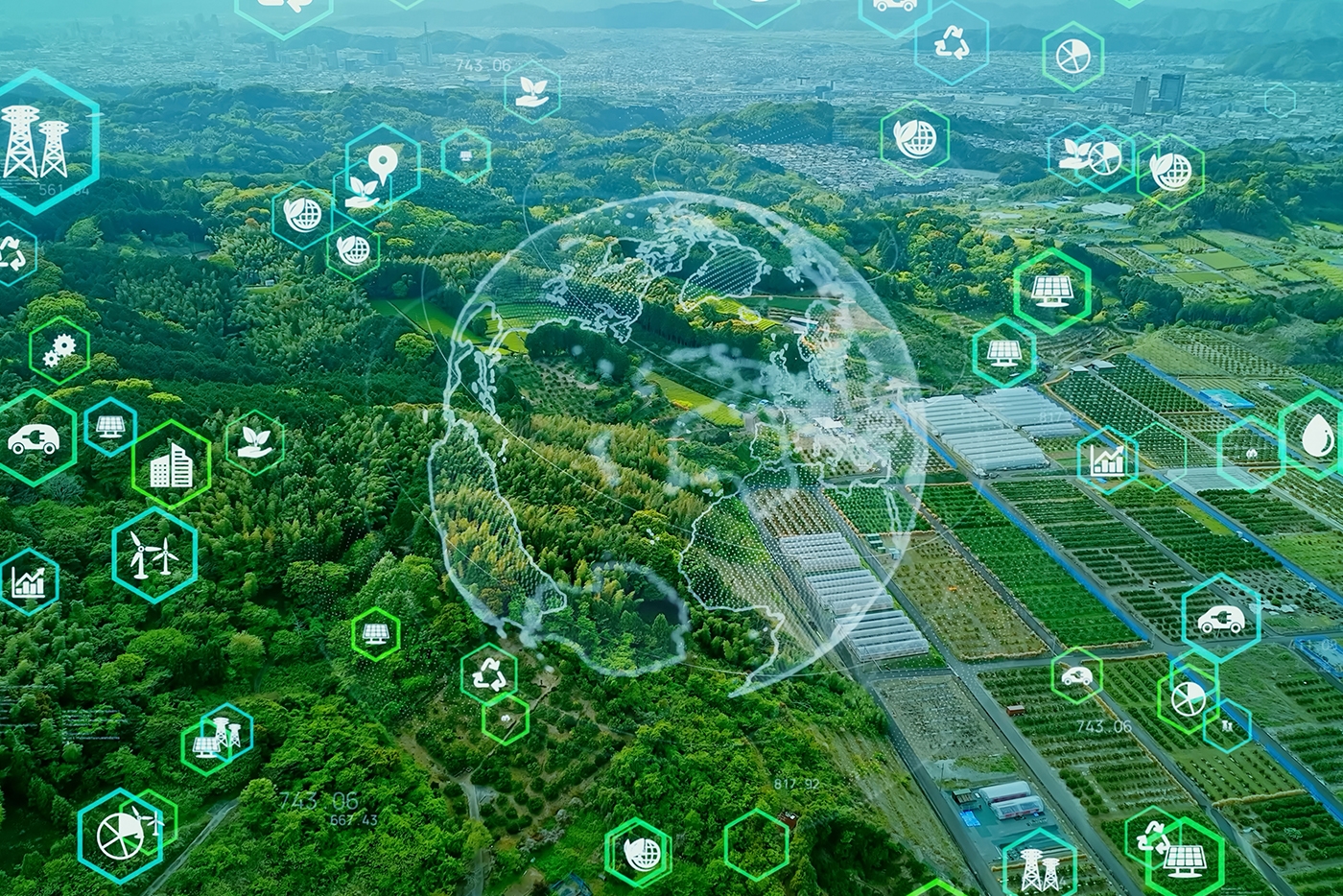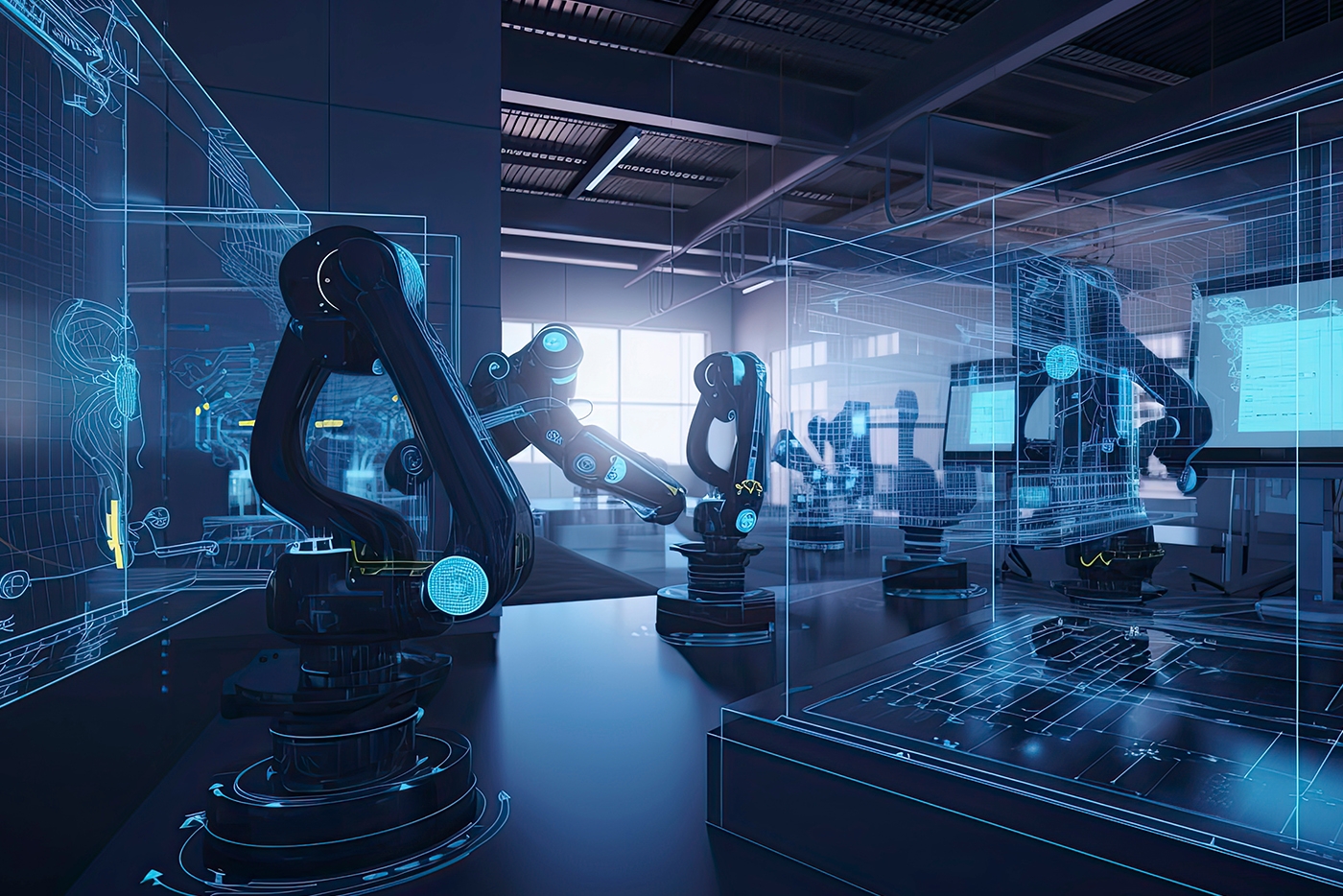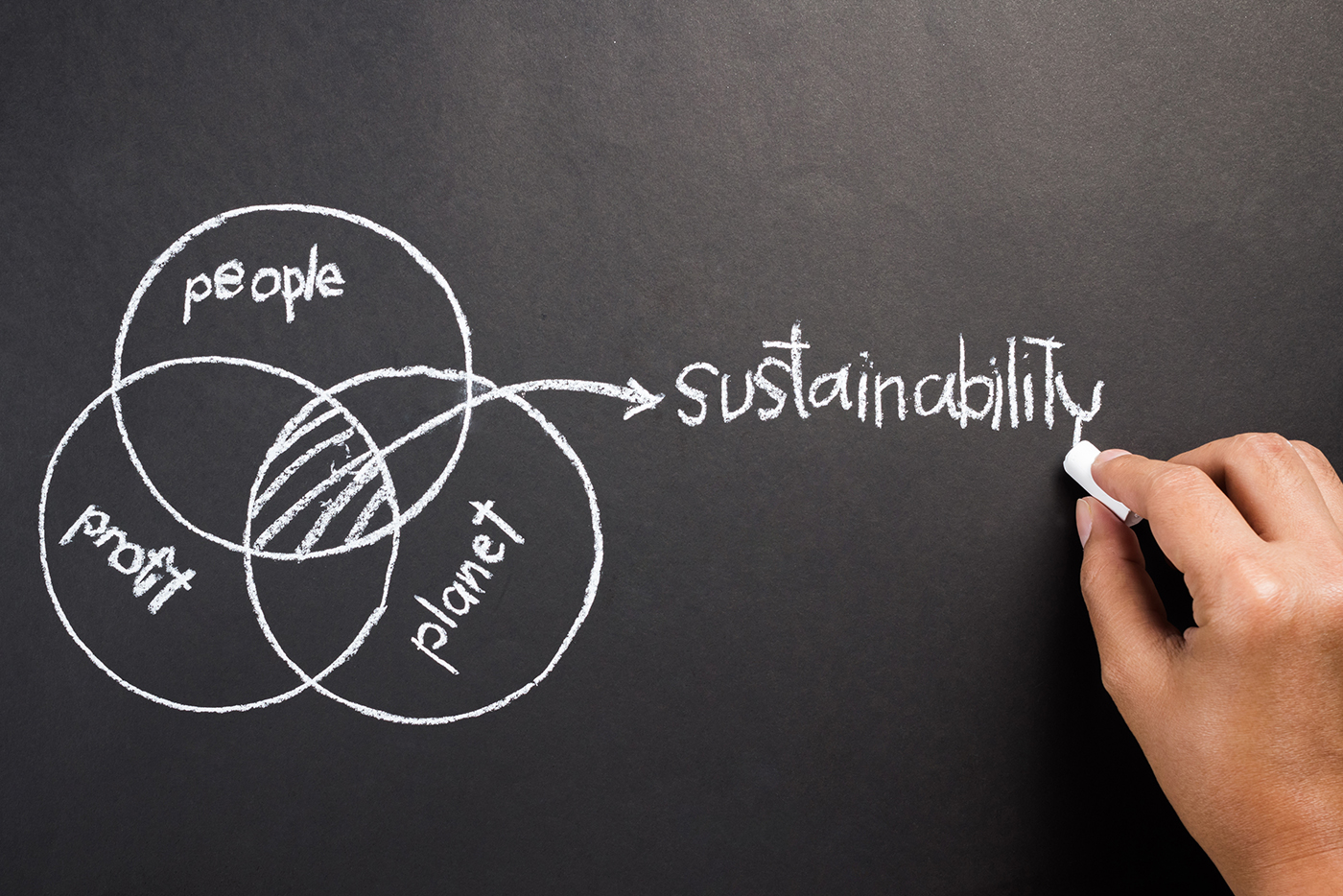Green Intelligence: Why Data And AI Must Become More Sustainable
7 April 2023
As big data, machine learning, and artificial intelligence continue to gain prominence in information technology, experts are raising concerns about the environmental costs of computation — primarily data and AI’s carbon footprint and greenhouse gas emissions.

The problem is showing no signs of slowing down. As a result of the COVID-19 pandemic, data and AI deployment increased exponentially as the demand for digital transformation increased.
MIT reported that the cloud now has a larger carbon footprint than the entire airline industry, and a single data center might consume an amount of electricity equivalent to 50,000 homes.
Meanwhile, the datasets used to train AI are increasingly large and take an enormous amount of energy to run. The MIT Technology Review reported that training just one AI model can emit more than 626,00 pounds of carbon dioxide equivalent – which is nearly five times the lifetime emissions of an average American car.
Let's take a look at why it's important for enterprises to address how data storage and AI are contributing to greenhouse gas emissions and what we can do to mitigate the impacts of this ongoing problem.
Why We Must Address This Problem
Sanjay Podder, managing director and global lead of technology sustainability innovation at Accenture, says that the exponential growth in data and its increased energy demand could actually counteract and impede our global progress on climate change.
Right now, the AI community has adopted a “bigger is better” attitude regarding data and artificial intelligence – but that approach threatens to inflict major environmental damage in the future.
Tech experts will need to expend greater and greater amounts of energy to build increasingly larger models, with decreasing improvements in performance.
For example, the AI that underlies autonomous vehicles must be trained to learn to drive. Once the initial training is complete, the AI model in the autonomous vehicle performs continuous inference so it can navigate its environment. This process happens day after day as long as we are using the vehicle. That's a lot of energy requirements just for one car.
We need bold, thoughtful initiatives to set the field of AI on a more sustainable trajectory.
Suggestions for Tackling AI’s Sustainability Impact
What can enterprise companies do to mitigate the environmental impacts of AI and big data while still driving forward with innovation? Here are a few data sustainability suggestions:
Consider how environmental impact is measured. We need to improve carbon accounting by delivering faster, more accurate data on carbon footprints and sustainability impacts. Tools like Salesforce’s Net Zero Cloud, SustainLife, and Microsoft Cloud for Sustainability can help companies visualize and understand their missteps so they can spot opportunities for improvement.
Estimate carbon footprints of AI models. The Machine Learning Emissions Calculator can help practitioners run estimations based on factors like cloud provider, geographic region, and hardware.
Examine how and where data is stored. Some of the biggest machine learning jobs might be moved to more carbon-friendly regions of the world. For example, Montreal, Canada has a number of data centers that run on hydroelectricity.
Increase transparency and measurement. As AI researchers publish their results for new models, they should include measurements of how much energy was emitted in their model, right alongside their performance and accuracy metrics.
Follow Google’s “4M” best practices. Google has identified four best practices, known as the "4Ms," that can significantly reduce energy and carbon emissions for anyone using Google Cloud services. These include selecting efficient machine learning model architectures, using processors and systems optimized for ML training, computing in the cloud rather than on-premise, and map optimization to choose locations with the cleanest energy. By following these practices, Google claims, energy can be reduced by 100x and emissions by 1000x.
How to Work Toward New AI Paradigms
As we continue to see the accelerated adoption of AI and machine learning technologies into our society, we must consider what these tools and systems are doing to our environment. Unless we are willing to reform today’s AI research agenda and increase transparency around this issue, the world of AI could hold us back in the fight to slow down climate change.
Related Articles
How Can We Use AI to Address Global Challenges Like Climate Change?
As climate change continues to pose an enormous threat to our planet, we must explore innovative solutions that can help mitigate its impact.[...]
6 Roadblocks Stopping Web3 And The Metaverse Becoming A Reality
With the emergence of the metaverse and web3 technologies, it’s clear that the next evolution of the internet is already underway.[...]
The Future Of Factories: 3 Ways To Navigate The Industrial Metaverse
What is the industrial metaverse, you ask? Well, we’re not talking about a separate metaverse exclusively for manufacturers..[...]
The Five Questions Every CEO Must Answer About Sustainability
The future of business is green. As a CEO, the ball is in your court to make sustainability an integral part of your corporate strategy.[...]
Debunking The Top 5 Quantum Computing Myths
It makes sense that most people don’t understand quantum computing.[...]
Mastering Teamwork: Top 10 Strategies for Better Collaboration at Work
The nature of teams may be changing as more and more people work remotely, but the truth is businesses will always want people on their teams who can work well with others.[...]
Sign up to Stay in Touch!
Bernard Marr is a world-renowned futurist, influencer and thought leader in the fields of business and technology, with a passion for using technology for the good of humanity.
He is a best-selling author of over 20 books, writes a regular column for Forbes and advises and coaches many of the world’s best-known organisations.
He has a combined following of 4 million people across his social media channels and newsletters and was ranked by LinkedIn as one of the top 5 business influencers in the world.
Bernard’s latest book is ‘Generative AI in Practice’.










Social Media